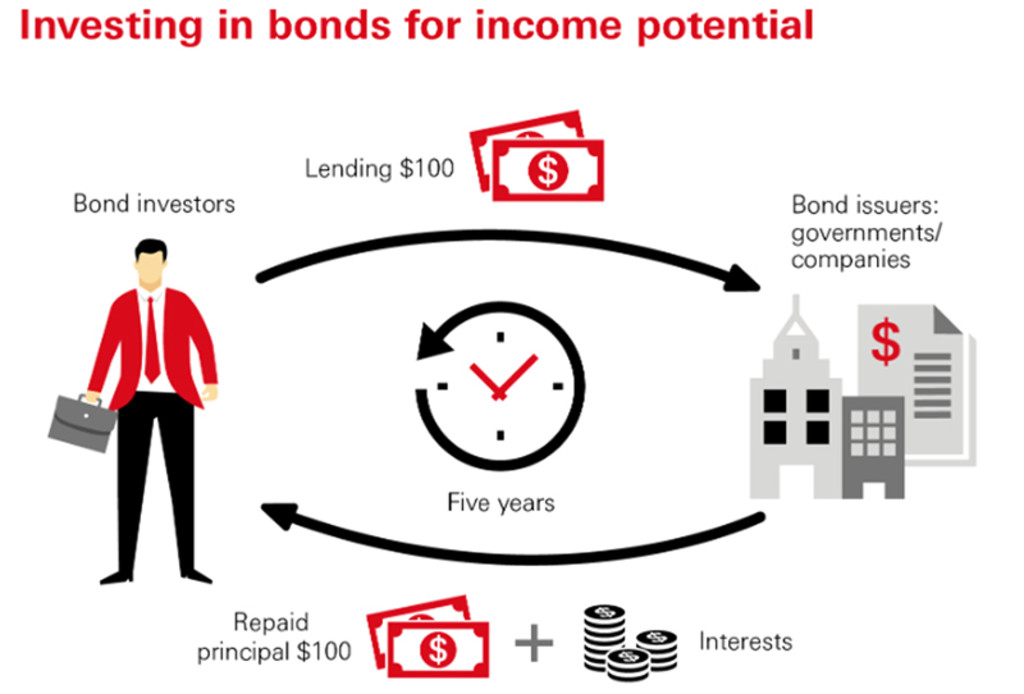Credit income refers to the return generated from investing in credit instruments, such as corporate bonds, government bonds, and other fixed income securities. It typically comes from two main sources: coupon payments (interest paid by the issuer) and potential capital appreciation from price movements in the bonds.
Key Characteristics
Income generation: Credit income provides regular interest payments, making it a key component of income-focused investment strategies.
Variety of credit instruments: Investors can generate credit income through a broad range of fixed income securities, including investment grade bonds, high yield bonds, and hybrid instruments like CoCo bonds.
Risk-return balance: Credit income strategies can be tailored to match an investor's risk tolerance, from stable investment grade bonds to higher yield opportunities in lower-rated securities.
Credit income plays a vital role in diversified portfolios:
Steady cash flow: It provides a predictable income stream, especially valuable in low-interest-rate environments.
Portfolio stability: Bonds and other credit instruments can help stabilize portfolios by offsetting the volatility of equity markets.
Yield enhancement: By taking on appropriate levels of credit risk, investors can enhance their portfolio's yield.

A long history of innovation
Who Invests in credit income?
Credit income strategies are popular among income-focused investors, who prioritize regular cash flow and capital preservation. Active managers also seek opportunities in credit markets to capture additional yield and benefit from market inefficiencies.





















